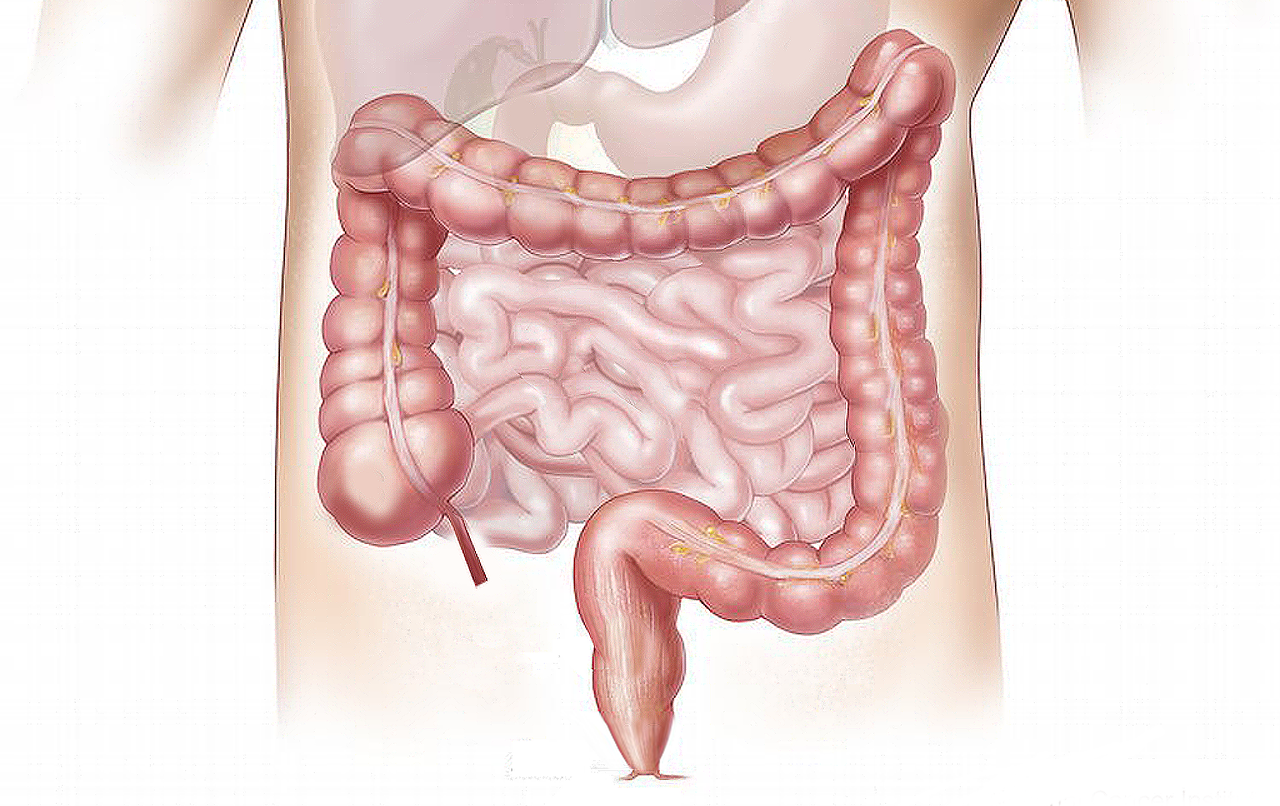Fecal examination is as effective as colonoscopy in detecting colorectal cancer
2025/04/02 Elhuyar Zientzia Iturria: Elhuyar aldizkaria

One study has shown that the fecal occult blood test can be as effective as colonoscopy. This test is non-invasive and less expensive. Thus, research has shown that it is highly conducive to population screening programs and can improve survival rates and reduce mortality because it is more easily accepted by the population. Researchers from Biogipuzkoa and Biobizkaia participated in the study, which was published in The Lancet.
Colorectal cancer is one of the most affected tumors and is the second leading cause of cancer death in developed countries. Early detection is essential to prevent the disease or to diagnose it in its early stages, when treatment is more effective and the chances of cure are higher. Currently, there are two main screening strategies: the fecal occult blood screening test, which allows the detection of microscopic traces of blood that indicate precancerous lesions or tumors; and colonoscopy, which is considered the most accurate test for early detection and allows direct examination of the colon and elimination of polyps before they become cancerous, although at the same time it has more complications.
Researchers have compared the effectiveness of these two strategies for screening for colorectal cancer for ten years. And they have seen that both strategies are similar in their ability to detect colorectal cancer and reduce the mortality associated with this tumor. Research has shown that screening for occult blood in feces every 2 years reduces colon cancer mortality to an extent similar to the colonoscopy offered every 10 years.
The randomized clinical trial included 57,000 men and women aged 50 to 69 years from eight autonomous communities (Aragon, Canary Islands, Catalonia, Galicia, Madrid, Murcia, Basque Country and Valencia). The participants were divided into two groups: one group was invited to perform colonoscopy and the other group was invited to perform a stool immunochemical test (FIT) every two years (five in total). The main objective was to compare mortality from colorectal cancer after ten years.
The participation in screening was higher in the fecal occult blood screening test group (40%) compared to the colonoscopy group (32%). And the mortality from colorectal cancer was similar in both groups after 10 years: 0.22% in the colonoscopy group and 0.24% in the fecal immunochemical test group. The incidence of these tumors was also similar.
The researchers emphasize the importance of these results, which show that a non-invasive test such as the fecal occult blood test can be a viable alternative to colonoscopy to screen for colorectal cancer. This could increase participation in screening programs, as the fecal immunochemical test is more comfortable for those who want to participate.
Since the launch of the UAE screening programme in 2009, in which people between the ages of 50 and 69 are invited to undergo a fecal occult blood test every two years, more than 1,000 deaths have been prevented and mortality has been reduced by more than 28%, reducing the overall mortality rate by one percentage point.

Gai honi buruzko eduki gehiago
Elhuyarrek garatutako teknologia






